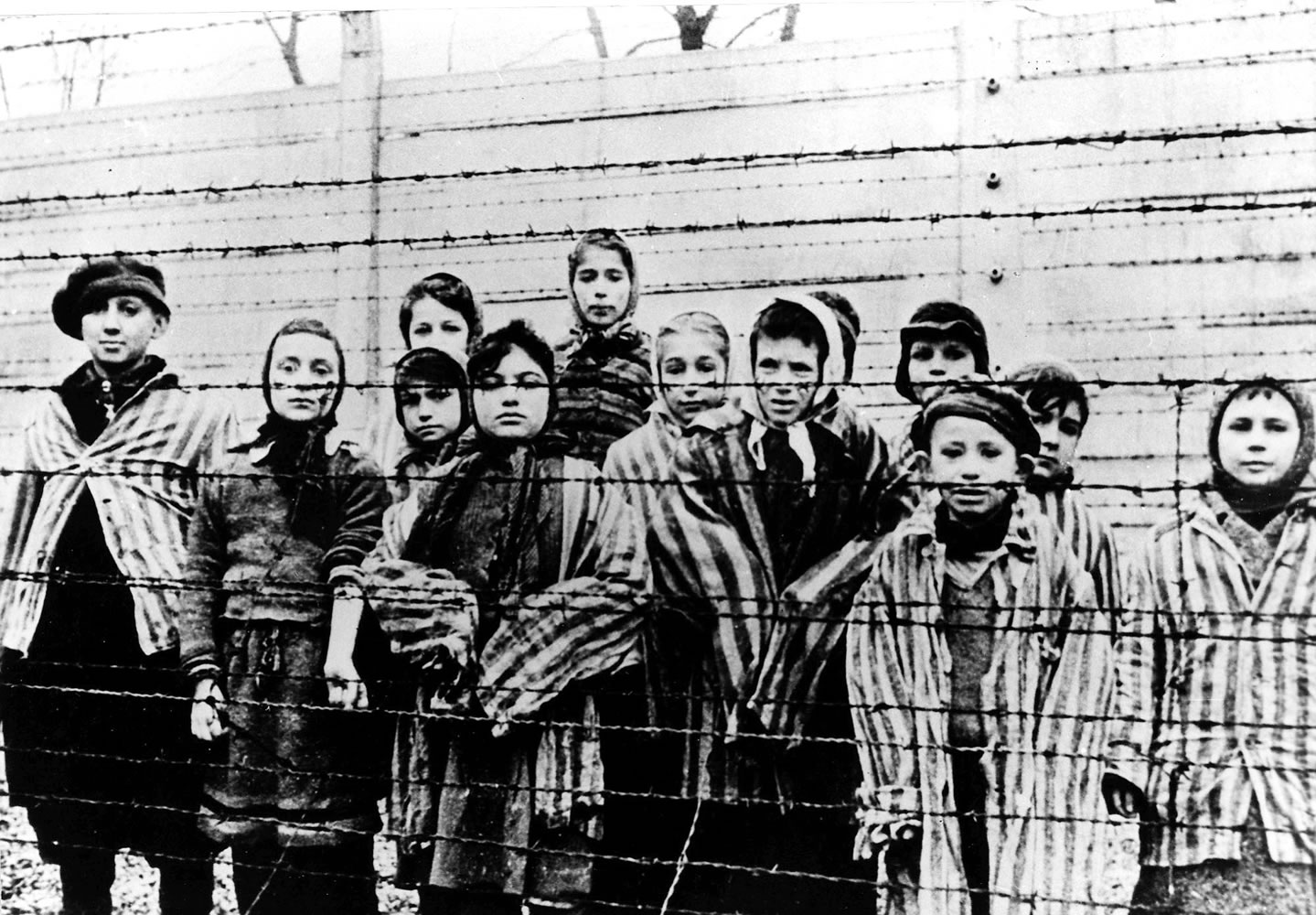There are fewer and fewer of those who still remember.
The Russian army entered Auschwitz — the network of extermination camps operated by Nazi Germany in occupied Poland — on Jan. 27, 1945, liberating the most notorious site of the Holocaust. In the decades since, groups of survivors have gathered to honor that day — including an annual remembrance at Auschwitz itself. This year, they mark the 70th anniversary of liberation on Tuesday — a day that, for a significant portion of remaining survivors, may be the last major remembrance of their lifetimes.
The numbers themselves tell the story. A decade ago, 1,500 survivors traveled to Auschwitz in southern Poland to mark the 60th anniversary. This year, organizers are expecting 300 or so. “This is the last big one for many of the survivors,” said Ronald Lauder, billionaire philanthropist and president of the World Jewish Congress, which is financing the travel expenses for more than 100 survivors. “By the time we reach the 75th anniversary, there may be almost no survivors left. But they are coming now, because they want to bear witness, to stand there and say, “we outlasted Hitler. We made it.'”
The survivors partly carry a legacy of horror, memories of the brutality of a labor prison that, by September of 1941, became an assembly line of death where more than 1 million would perish at the hands of the Third Reich. The vast majority of the victims were the Jews of Europe, subjected to Adolf Hitler’s “Final Solution.” But others also deemed outside the racial and ideological lines of the Nazis also died. Ethnic Roma. Homosexuals. Jehovah’s Witnesses. Polish prisoners of war.
The survivors carry another legacy as well, one even more relevant: the power of human will to persevere. What follows are the tales of four survivors of Auschwitz, since resettled in the United States, Israel, France and southern Germany. Their recollections come amid what for some is a new period of uncertainty. In France — home of 89-year-old survivor Raphael Esrail — the anniversary comes less than three weeks after a terrorist assault on a kosher grocery store in Paris in which four people lost their lives.



